Is Solar Power Worth It? Pros and Cons to Consider
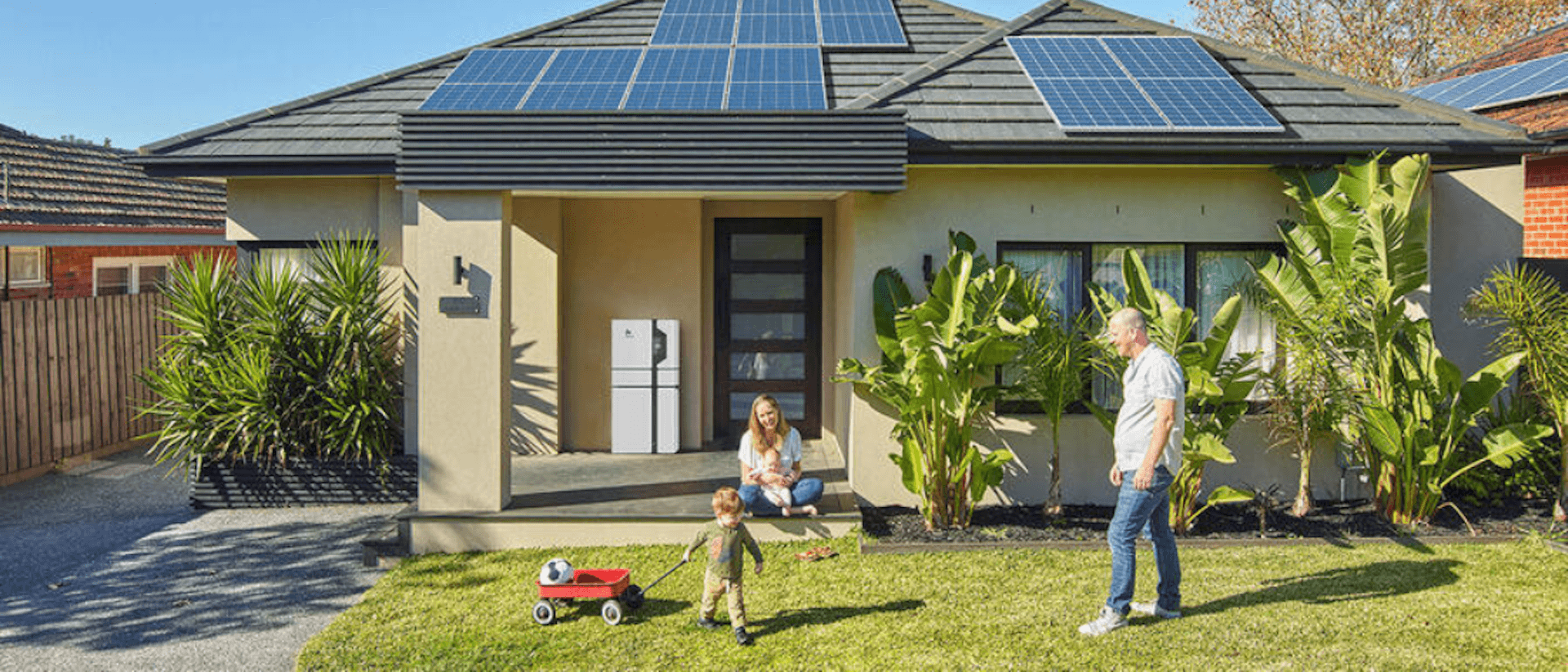
Australia has one of the highest rates of solar power adoption in the world, with more than 2.7 million households and businesses now equipped with solar panels. This is largely due to Australia's abundance of sunshine, which makes solar energy a viable and attractive alternative to traditional electricity sources.
In addition to environmental benefits, solar power also offers financial incentives, including lower electricity bills and government rebates. Furthermore, solar power can help to reduce Australia's dependence on fossil fuels, making it an important step towards a more sustainable future. By the end of this blog post, readers will better understand the factors they need to consider before going solar and whether or not solar power is a good option for them.
Pros of Solar Power in Australia
In recent years, solar power in Australia has become an increasingly popular alternative to traditional electricity sources. This renewable energy source harnesses the power of the sun to generate electricity, offering a range of benefits for households and businesses. This section will explore the pros of solar power in Australia, including cost savings, financial incentives, and rebates, increased property value, environmental benefits, and energy independence. By understanding the advantages of solar power, readers will be better equipped to make an informed decision about whether or not to go solar.
Reduction in electricity bills

One of the most significant advantages of solar power in Australia is the potential for significant cost savings on electricity bills. By generating their electricity, households, and businesses can reduce their reliance on the grid and avoid rising electricity costs. Solar power is estimated to reduce electricity bills by up to 70%.
Financial incentives and rebates
Another advantage of solar power in Australia is the availability of financial incentives and rebates. The federal government offers a range of incentives for homeowners and businesses to install solar panels, including the Small-scale Renewable Energy Scheme (SRES) and the Large-scale Renewable Energy Target (LRET). In addition, many state and territory governments offer their incentives, such as feed-in tariffs and interest-free loans.
Increased property value
Installing solar panels can also increase the value of a property. Research shows that homes with solar panels sell for higher prices than those without, and buyers are willing to pay a premium for a home with lower electricity bills. A recent study found that solar panels can increase a home's value by up to 3.8%.
Environmental benefits
Solar power is a clean and renewable energy source that produces no greenhouse gas emissions or air pollution. By generating electricity from the sun, households and businesses can reduce their carbon footprint and contribute to a more sustainable future. In addition, solar power can help reduce Australia's reliance on fossil fuels, a major source of greenhouse gas emissions.
Energy independence
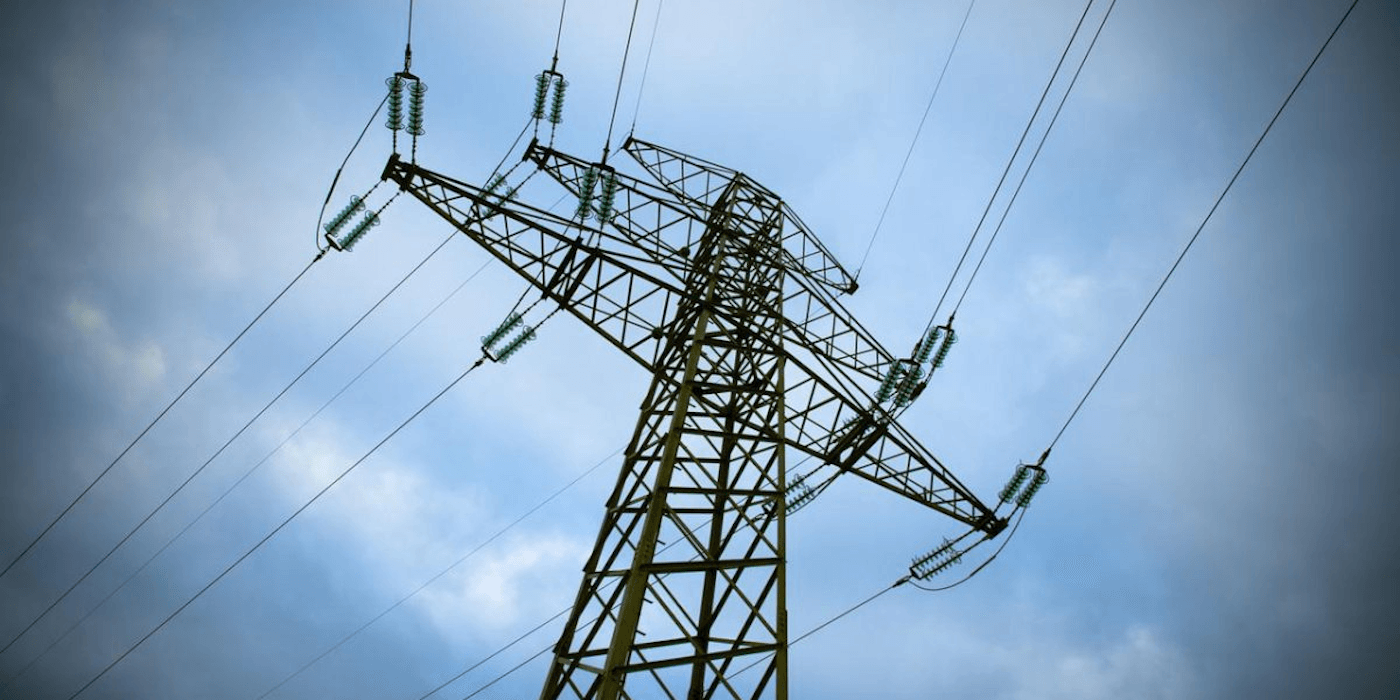
Finally, solar power provides households and businesses with a greater degree of energy independence. By generating their electricity, they are less reliant on the grid and less vulnerable to power outages and other disruptions. In addition, solar power can help to mitigate the impact of rising electricity costs and other market fluctuations, providing a more stable energy source for the future.
Cons of Solar Power in Australia
While solar power in Australia offers many advantages, there are also some potential drawbacks. This section will explore some of the cons of solar power in Australia.
Upfront costs
One of the main drawbacks of solar power in Australia is the upfront installation cost. While financial incentives and rebates are available to help offset the cost, the initial investment can still be significant. This can be a barrier for households and businesses with limited financial resources.
Weather conditions
Australia is known for its sunny climate, but weather conditions can still impact the effectiveness of solar power. Cloudy or rainy days can reduce the amount of sunlight available, reducing the amount of electricity that can be generated. This can be particularly problematic for households and businesses that rely heavily on solar power.
Maintenance and repairs

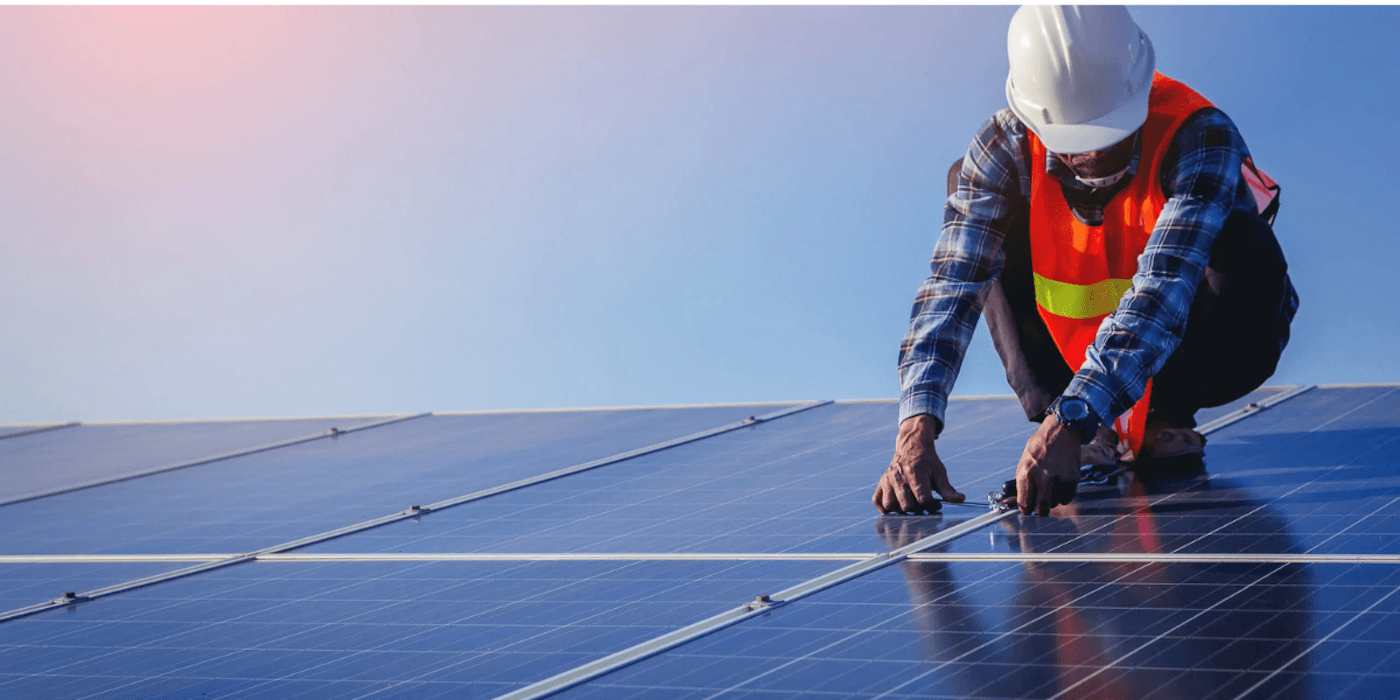
Solar panels require regular maintenance to ensure they are operating at peak efficiency. This can include cleaning the panels, checking for damage, and monitoring the electrical components. In addition, repairs may be required if the panels are damaged by weather or other factors. The cost and time required for maintenance and repairs should be factored into the decision to install solar panels.
Compatibility with the power grid
Solar power is a decentralised energy source generated on-site rather than through a centralised power grid. This can create compatibility issues when connecting solar power to the grid. In some cases, additional equipment may be required to ensure that the solar power generated can be fed back into the grid.
Limited storage capabilities
Finally, one of the limitations of solar power in Australia is its limited storage capabilities. Solar power is generated during the day when the sun is shining, but households and businesses still require electricity at night and during periods of low sunlight. While battery storage technology is improving, it can still be costly and may not provide enough capacity to meet all energy needs.
Factors to Consider Before Going Solar
Before deciding to install solar panels, several important factors must be considered. In this section, we will explore some key factors that households and businesses should consider before going solar.
Location and Climate
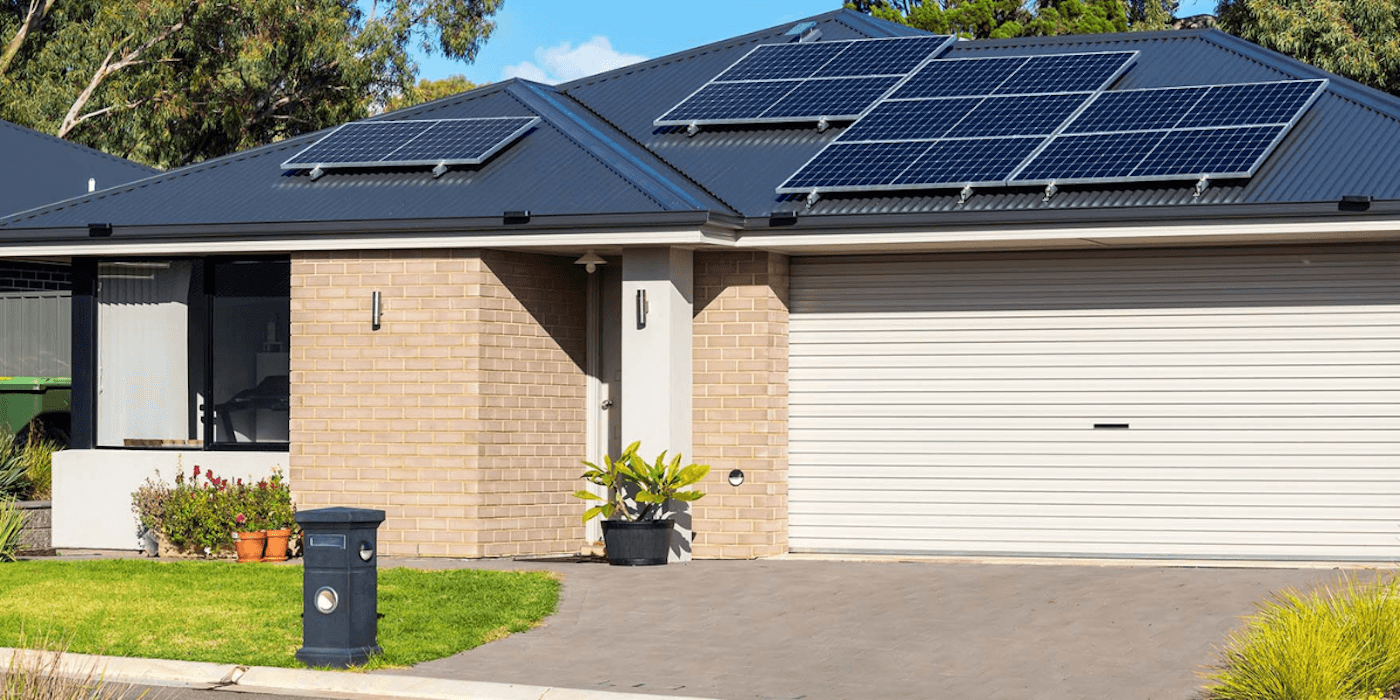
The location and climate of a property are important factors to consider when it comes to solar power. Australia is known for its sunny climate, but certain areas receive more sunlight than others. The orientation of the property and any potential shading from trees or other structures can also impact the effectiveness of solar panels.
Energy consumption
Another important factor to consider is energy consumption. Households and businesses with higher energy needs will require more solar panels to generate enough electricity to meet their needs. It is important to consider energy consumption patterns and requirements carefully before installing solar panels.
Property size and orientation
The size and orientation of the property can impact the number of solar panels that can be installed. A larger property may have more space for solar panels, while a smaller property may have limited space. Additionally, the property's orientation can impact the effectiveness of solar panels.
Budget and financing options
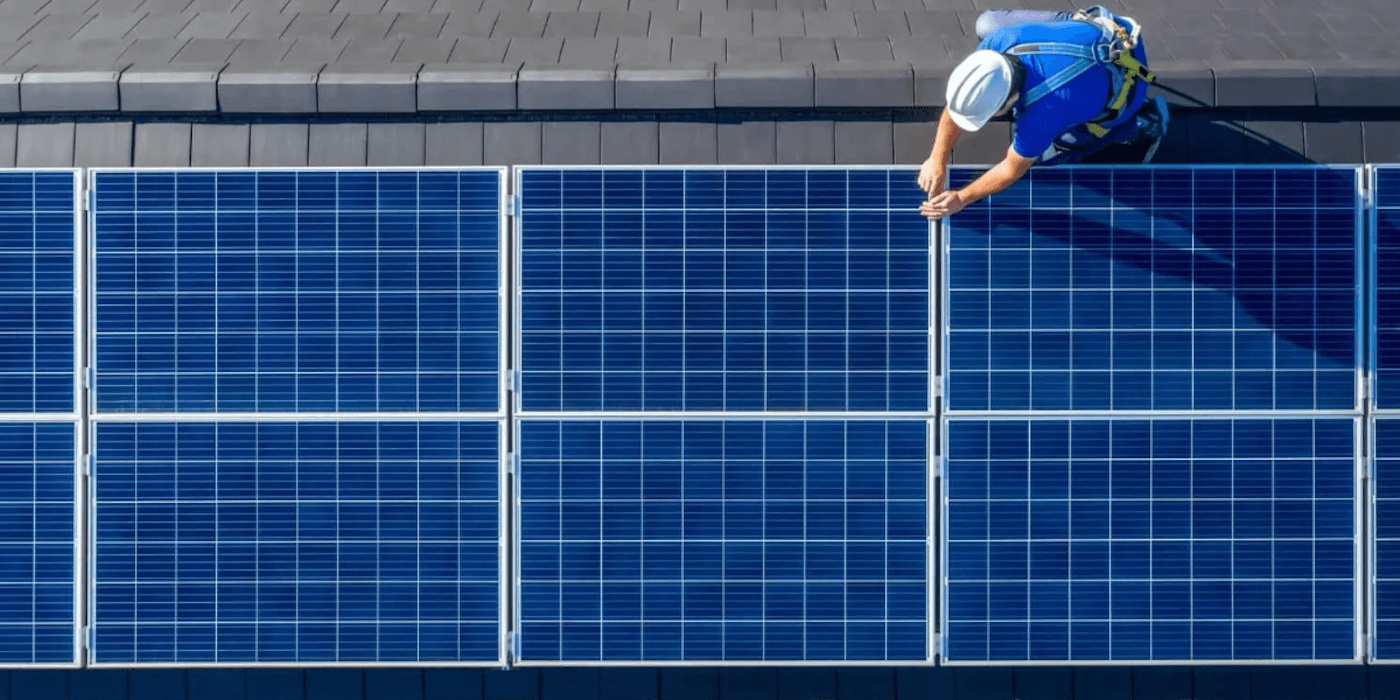
The cost of installing solar panels can vary depending on the size of the system and other factors. It is important to carefully consider the budget for solar power and explore financing options, such as loans or leases, to help offset the upfront costs.
Regulatory Requirements and Policies
Finally, it is important to consider regulatory requirements and policies regarding solar power. This can include building codes, zoning regulations, and any incentives or rebates available at the local, state, or federal level. It is important to know these requirements and policies before installing solar panels.
Final Thoughts
In conclusion, while there are pros and cons to consider, we believe solar power is a worthwhile investment in Australia. The country has a sunny climate and an increasing number of financial incentives and policies to support the installation of solar panels. Solar power offers a sustainable, cost-effective, and environmentally-friendly way to meet energy needs and reduce dependence on fossil fuels.
If you are seeking to take a significant step towards a sustainable and renewable future, finance your solar panels with our solar loan options. With their streamlined application process, flexible financing options, competitive rates, and knowledgeable support, we can help you turn your solar power aspirations into reality.


.png)







